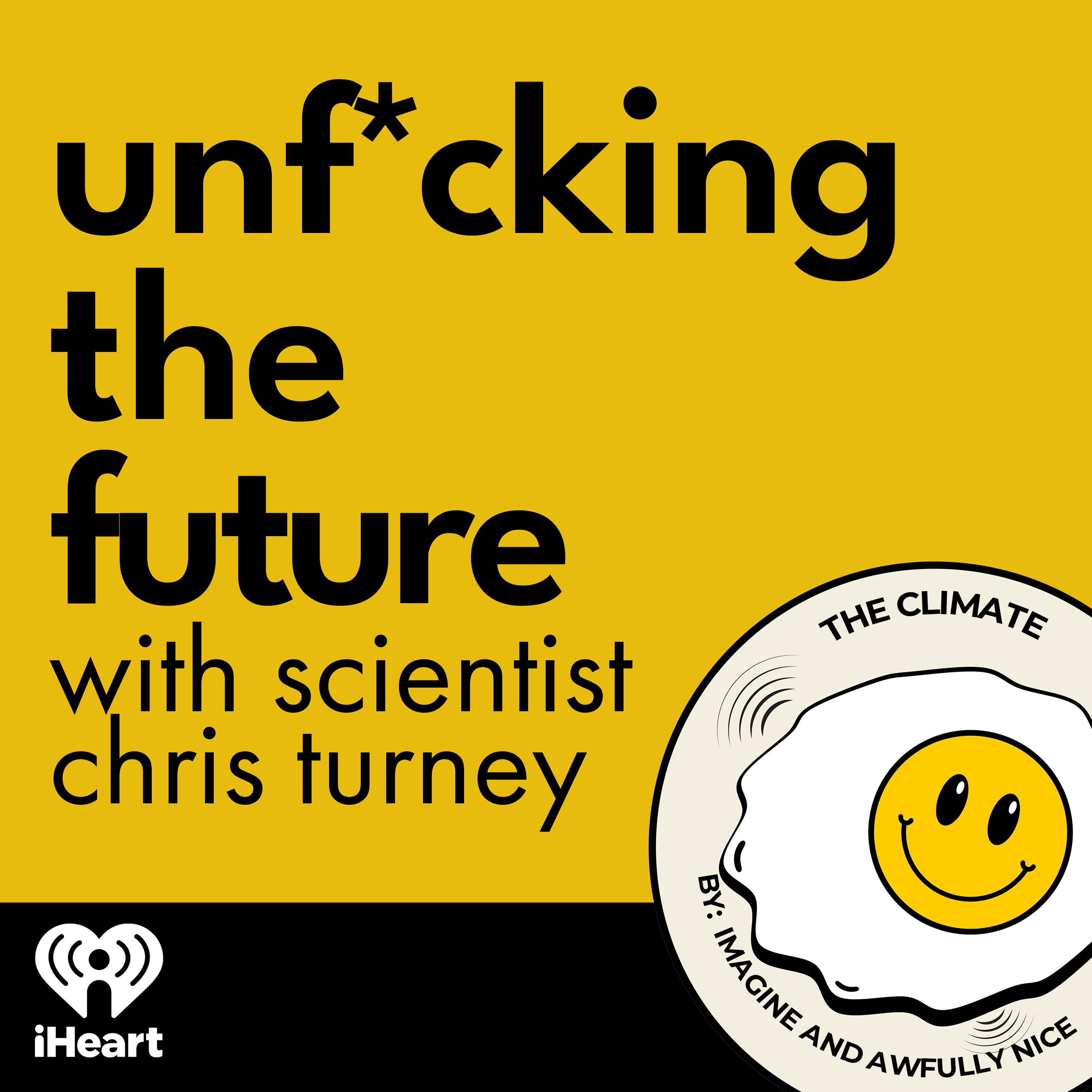Greening Cities with Kotchakorn Voraakhom
Description
As the world heats up, our cities need to adapt. Today we speak with Thai landscape architect Kotchakorn Voraakhom on how she's designing new, more resilient urban environments in her homebase of Bangkok. Show notes from Chris:
Sadly, our cities are increasingly vulnerable to global heating. Flooding, heatwaves, storms, rising sea level, poor planning, and our over reliance on concrete are conspiring to make cities less resilient to climate shocks. But nature-based solutions – think parks, green spaces and tree-lined avenues to name but a few – offer positive solutions. The mayors of nearly 100 cities around the world have come together as C40 to tackle the climate crisis and have put together a great overview of what they’re doing. A term you’re going to hear more about with cities is “sponginess”. Rather than using concrete to channel water, “sponge cities” work with nature to manage rainwater. This is a fascinating article on how some of the world’s cities compare.
You can see Kotchakorn’s awe-inspiring Bangkok park in her beautiful TED talk here. There is a wonderful interview with Kotchakorn about the Chulalongkorn University Centenary Park.
To learn more about The Nature Conservancy and how they can help you tackle the climate and biodiversity crises, check out their fantastic website.
See omnystudio.com/listener for privacy information.
More Episodes
Published 03/27/24
Did you know that one of the most effective absorbers of carbon dioxide is... seaweed? Sanjayan, the CEO of Conservation International, joins the show to talk about how we can harness the power of the ocean to slow the impacts of global heating. Show notes from Chris:
The world’s oceans are...
Published 03/27/24
For decades, Western governments have pursued policies of fire suppression. But researchers like Glynis Humphrey have shown that these methods don't work – especially as global heating worsens wildfire risks. Today, Glynis joins the show to talk about wildfire management, and what we can learn...
Published 03/13/24


